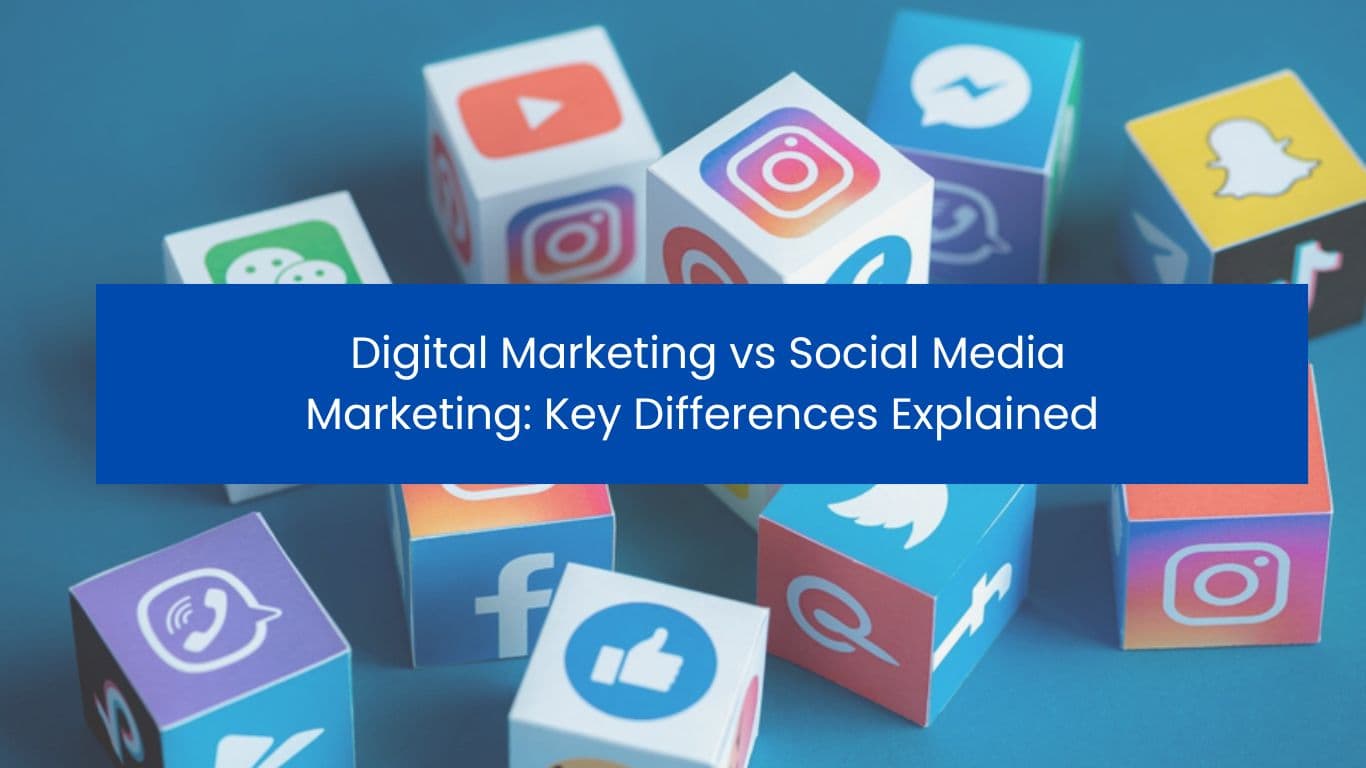Marketing Education
Digital Marketing vs Social Media Marketing: Key Differences Explained
by Jennifer Wilcox
December 23, 2024
9 min read

Jennifer Wilcox
Verified Author
Founder of JW Marketing, has 15+ years of experience helping brands grow through smart, data-driven digital strategies, from social media to local SEO.
